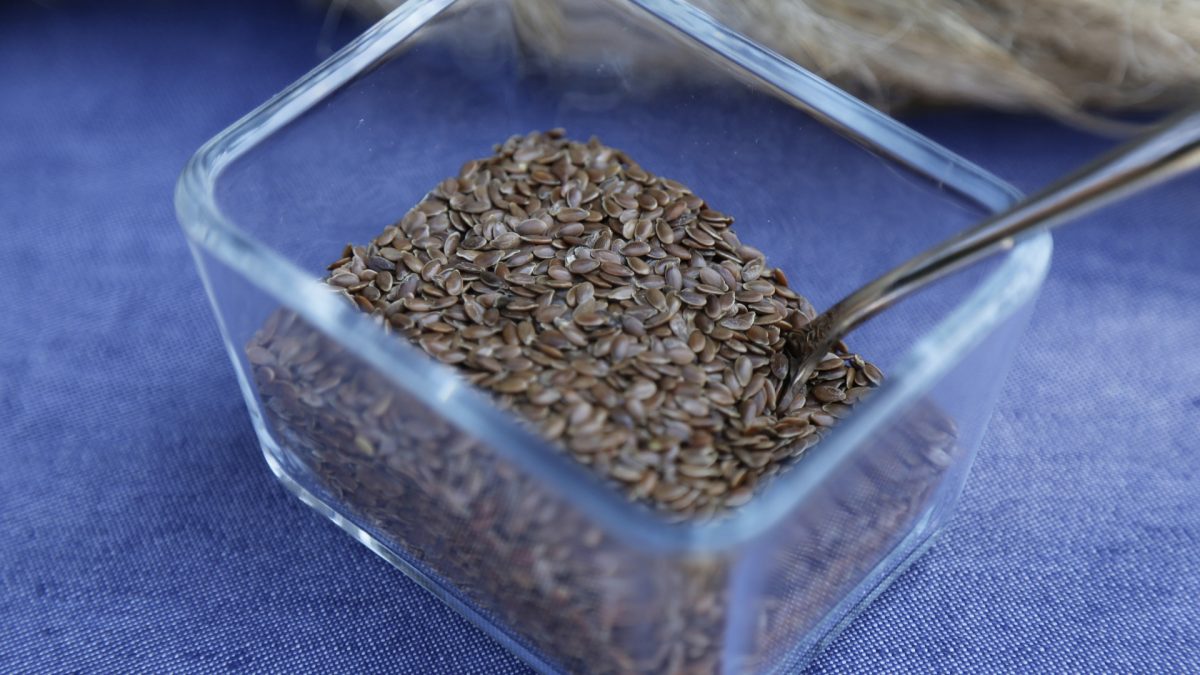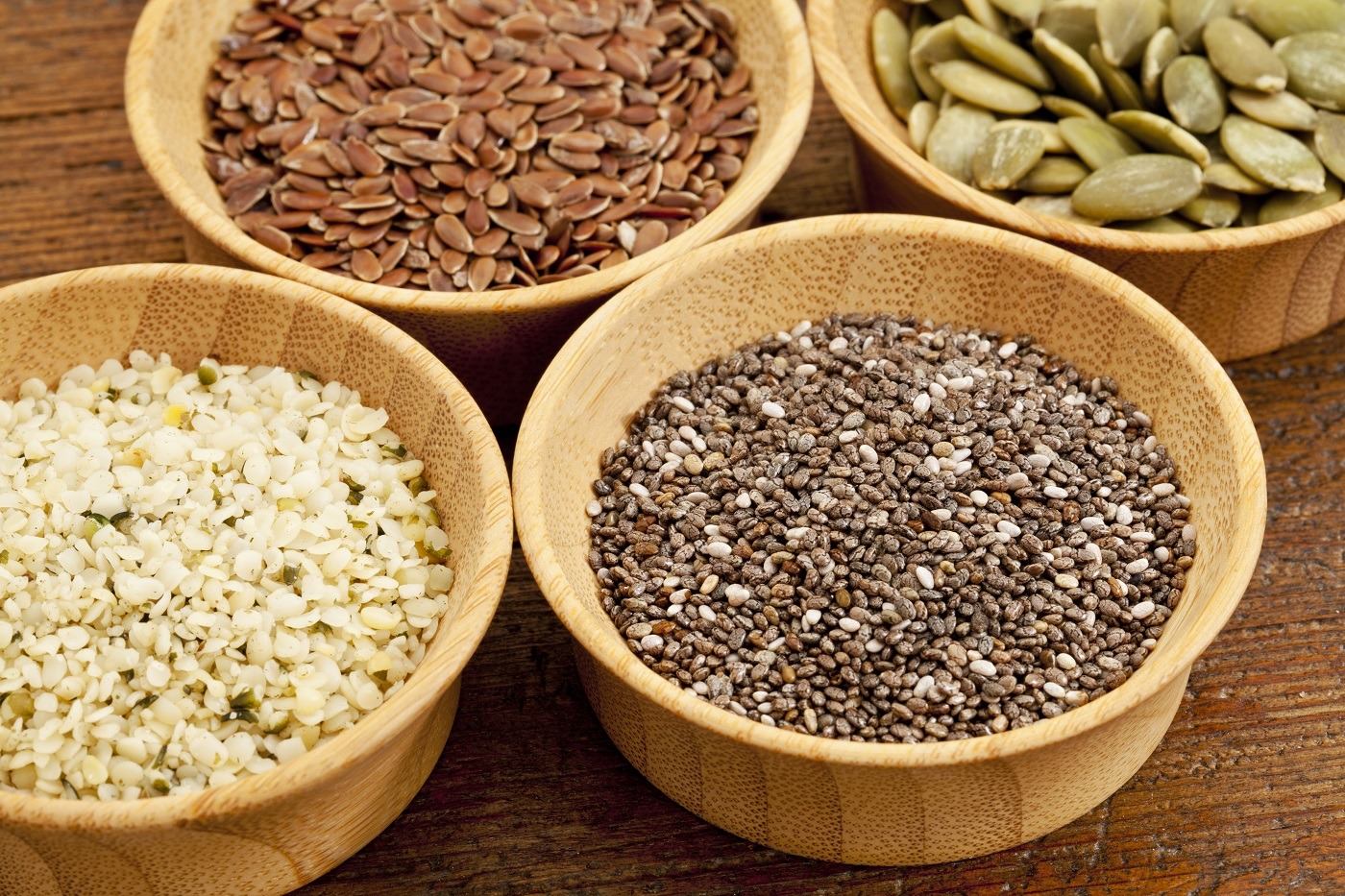Lou
Forum Legend
I've read something about the absorption of vitamins (A, D, E and K) which can only occur when combined with fats. Unfortunately I don't remember the source, but when I get you right, I can just eat some of the foods listed above without anything else and still get these vitamins?
what you read is right. we need to eat some fat in our diet, not just for the absorbing of fat soluble vitamins (such as A, D, E and K), but also for their storage and utilization.
Some fat in our diets is necessary for that reason (and others). I think the amount of fat we need in our diets is more than 14% (by calories). I know some people will argue that its lower. They may be right. To me its a moot point. I can never get the amount of fat in my diet below 20. lately I'm happy with 25.
But I think what we all agree on is you don't need oil in your diets. Sugar is to carbs like oil is to fat. Oil is a highly processed food just like sugar. Its empty calories with little to no other nutrients
I remember a scene in House, M.D. in which a guy is orange because of to much Vitamin A
Maybe that is what is wrong with Trump, too.
Um. I lost the train of thought. But the thing about flaxseed is that although its high in fat - its high in ALA - Omega 3. And the omegas are considered Essential Fats. We don't need a lot but we do need some. And for vegans, one of the best and easiest way to get ALA is from flaxseeds foods that contain a lot of ALA. That is why Dr. Gregar puts flax on his daily dozen.I thought I've read something about flaxseed (or Psyllium? Maybe it's the same problem with both), but again, I don't remember the source..
It's a kind of dilemma: if you just put them on your meal, they won't get fully opened and there are not as much ALAs to absorb. But if you break them up just before eating, there will be hydrogen cyanide.Is this true? How to eat them safely, but get as much healthy nutritions as possible out of it?
You have to grind flaxseed. if you were to eat it with the hulls on you would not be able to digest that much of it. I grind my flaxseeds in a coffee grinder I only grind a half of a cup at a time. and then I store it in the frig. I THINK the cyanide issue is from the seeds degrading after grinding. I've even started keeping the package of whole seeds in the frig. Maybe that is overly cautious, but they don't take up much space.
There was something out of the EU on cyanide - I'll have to look it up. but I remember that it had to do with products that included ground flaxseed but they were able to wash the cyanide out.
Meanwhile flaxseed are not the only source of omega 3s. there are chia seeds that don't need to be ground. And hemp hearts which you buy with the hulls removed. Walnuts are a good source too. Maybe not worth mentioning but canola oil, too.






